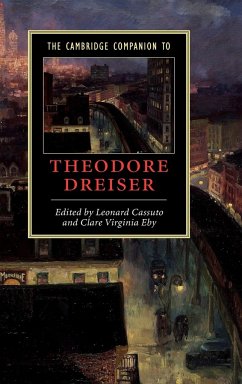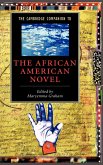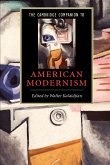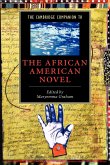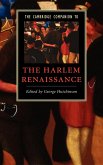Theodore Dreiser is one of the most penetrating observers of the greatest period of social change the United States ever saw. Writing as America emerged as the world's wealthiest nation, Dreiser chronicled industrial and economic transformation and the birth of consumerism with an unmatched combination of detail, sympathy, and power. The specially commissioned essays collected in this volume are written by a leading team of scholars of American literature and culture. They establish new parameters for both scholarly and classroom discussion of Dreiser. This Companion provides fresh perspectives on the frequently read classics, Sister Carrie and An American Tragedy, as well as on topics of perennial interest, such as Dreiser's representation of the city and his prose style. The volume investigates topics such as his representation of masculinity and femininity, and his treatment of ethnicity. It is the most comprehensive introduction to Dreiser's work available.
Table of contents:
Introduction; Chronology; Part I. Background and Contexts: 1. Dreiser and the profession of authorship James L. W. West III; 2. Dreiser and the uses of biography Thomas P. Riggio; 3. Dreiser's style Paul Giles; 4. Dreiser and the history of American longing Jackson Lears; Part II. Dreiser and his Culture: 5. The matter of Dreiser's modernity Bill Brown; 6. Dreiser, class, and the home Catherine Jurca; 7. Dreiser and the ideology of upward mobility Bruce Robbins; 8. Dreiser, art, and the museum Miles Orvell; 9. Dreiser and women Clare Virginia Eby; 10. Sister Carrie, race, and the World's Columbian Exposition Christopher Gair; 11. Dreiser's sociological vision Priscilla Wald; 12. Dreiser and crime Leonard Cassuto.
This Companion is the most comprehensive introduction to Dreiser's work available. It establishes new parameters for both scholarly and classroom discussion of Dreiser, and provides fresh perspectives on Dreiser's writing as well as on topics of perennial interest, such as his representation of the city and his prose style.
This Companion is the most comprehensive introduction to Dreiser's work available.
Table of contents:
Introduction; Chronology; Part I. Background and Contexts: 1. Dreiser and the profession of authorship James L. W. West III; 2. Dreiser and the uses of biography Thomas P. Riggio; 3. Dreiser's style Paul Giles; 4. Dreiser and the history of American longing Jackson Lears; Part II. Dreiser and his Culture: 5. The matter of Dreiser's modernity Bill Brown; 6. Dreiser, class, and the home Catherine Jurca; 7. Dreiser and the ideology of upward mobility Bruce Robbins; 8. Dreiser, art, and the museum Miles Orvell; 9. Dreiser and women Clare Virginia Eby; 10. Sister Carrie, race, and the World's Columbian Exposition Christopher Gair; 11. Dreiser's sociological vision Priscilla Wald; 12. Dreiser and crime Leonard Cassuto.
This Companion is the most comprehensive introduction to Dreiser's work available. It establishes new parameters for both scholarly and classroom discussion of Dreiser, and provides fresh perspectives on Dreiser's writing as well as on topics of perennial interest, such as his representation of the city and his prose style.
This Companion is the most comprehensive introduction to Dreiser's work available.

